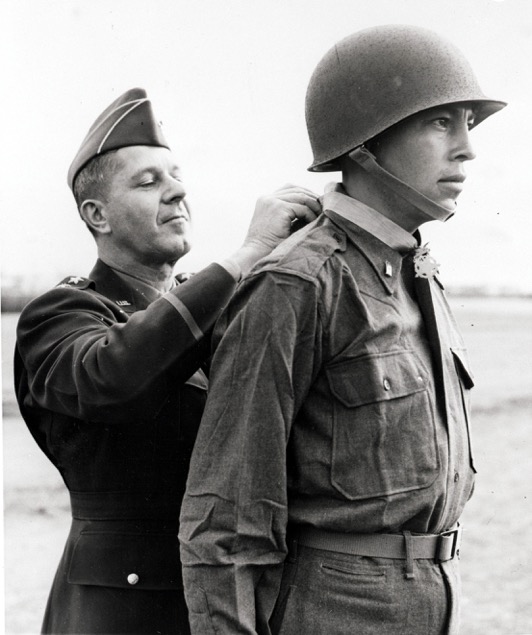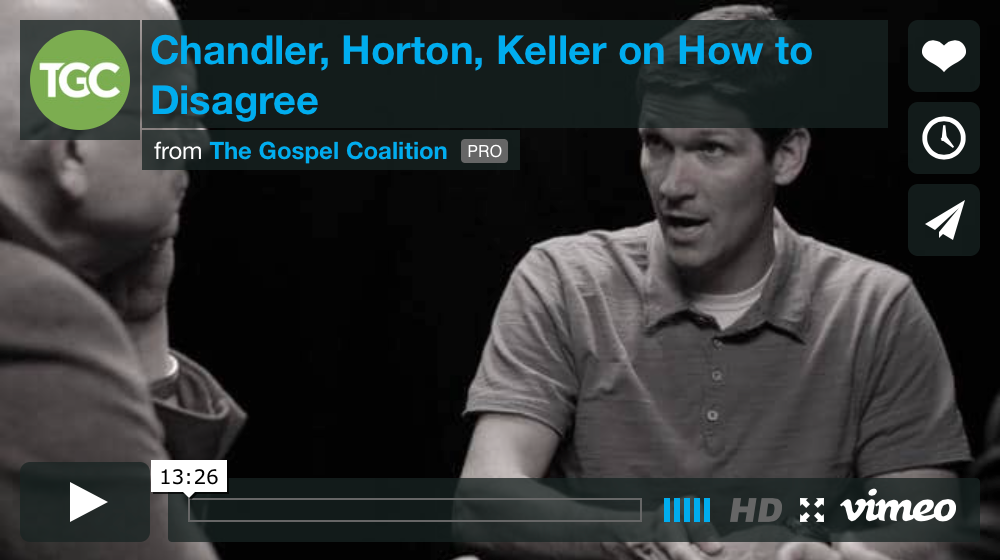Over the years, I have found certain seasoned, respected Christian leaders that I resonate with extremely well. One of those leaders is pastor / author Ray Ortlund of The Gospel Coalition. What he writes is both beautiful and profound! (Note: italics and bold mine)
“John Wesley never encouraged criticism of George Whitefield. ‘Do you think we shall see Mr. Whitefield in heaven?’ asked one small-minded disciple. ‘No,’ replied Wesley, and the man looked pleased that he had aimed his flattery well. ‘No sir,’ said Wesley, ‘I fear not. Mr. Whitefield will be so near the Throne and we at such a distance, we shall hardly get a sight of him.’” John Pollock, George Whitefield and the Great Awakening, page 244.
I am Reformed. I am grateful for all I have learned from my Reformed brothers and sisters in the Body of Christ. But I am also grateful for others — Dispensationalists, Methodists, Charismatics and others who do not align with me in some aspects of theology. Theology matters. Our differences matter. But what we share in common in Christ matters more. And I not only accept that as a fact; I rejoice in it as a fellowship.
I am grateful for Dallas Theological Seminary, where I studied from 1971 to 1975. I am no longer a Dispensationalist. But I will go to my grave thanking the Lord for the biblical languages and exegesis DTS drilled into me. Every day of ministry since my ordination in 1975, what DTS gave me has made a wonderful difference.
I am grateful for my Wesleyan brothers and sisters. I don’t accept the traditional Wesleyan doctrine of entire sanctification. But if I ever become half the Christian that Robert E. Coleman, for example, is, then I will be a better man than I am now. I admire him, and others like him, as fathers in the Lord.
I am grateful for my Charismatic brothers and sisters. I remain unpersuaded by some of their arguments. But they taught me to stop treating a church service as mere doctrinal rehearsal; they helped me see it as an encounter with the living Christ. They expect the Lord to do something, and they are right.
I am grateful for so many who are located elsewhere within the Body of Christ. As I observe myself, it often happens that I notice a phrase or even a word finding its way into a sermon, something that echoes a Christian who contributed to me long ago without even realizing it. And this includes some people, unlike my friends mentioned above, whom I don’t particularly like. But they taught me. They showed me something. And I am better off for it.
Many disparate believers, in many ways, have helped me toward the Lord. How could I be ungrateful? I don’t believe that verses like Romans 12:10 apply only to other Reformed believers. My heart has been stretched out beyond that circle, without diminishing my own convictions, and for that too I am grateful.
How to disagree by Collin Hansen
Before the widespread accessibility of the internet, most theological debate moved at the speed of journal publishing, which is to say, slowly. There was a time when perhaps two years would pass before an author would see critical reviews of his or her work. Today, controversial books will be dissected by bloggers and Amazon reviewers before most readers even know the book has been released.
This is just one way the terms of theological debate have changed, according to Michael Horton, who talks in this video with Tim Keller and Matt Chandler about how Christians ought to disagree among ourselves and with other theological opponents. You’ll hear them offer several nuggets of wisdom that all Christians would be wise to follow as they call on us to criticize when possible in the context of relationship and state our opponents’ arguments in a way they would recognize and own.


